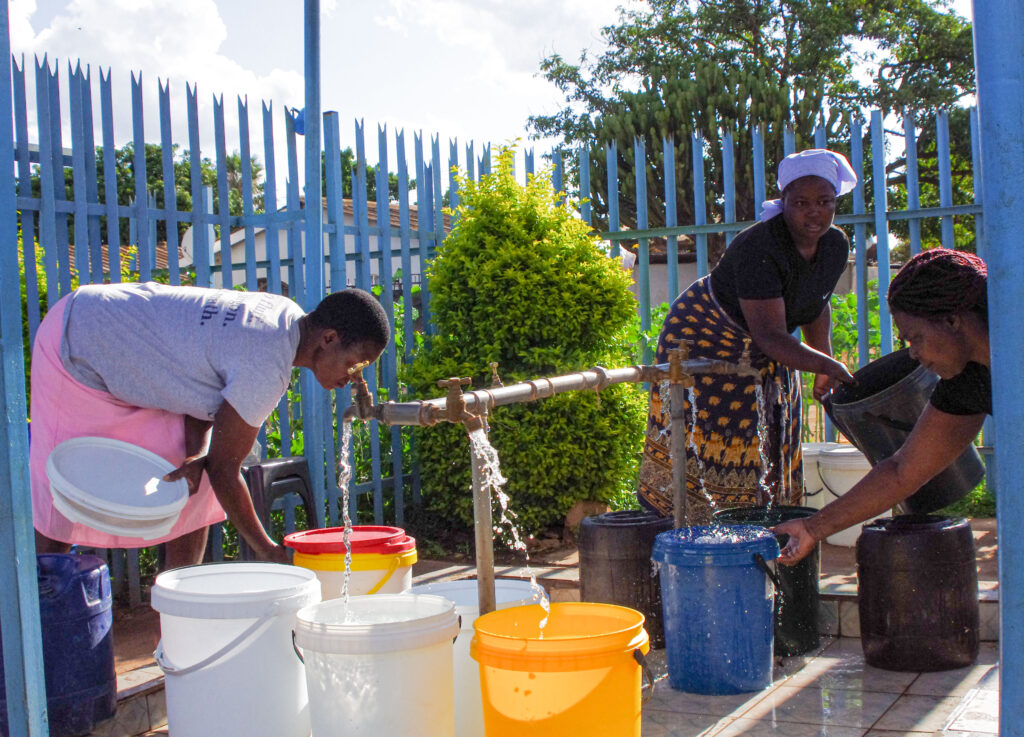UNICEF has called on the Government of Zimbabwe and its partners to increase investment in water, sanitation, and hygiene (WASH) initiatives to build resilience at the community level. This comes as the country grapples with the severe effects of an El Niño-induced drought, which has exacerbated water scarcity.
Currently, only 81% of rural Zimbabweans have access to improved water sources. The drought has caused nearly 4% of boreholes in rural areas to dry up, with Matabeleland South and Masvingo Provinces among the worst affected. Additionally, by August 2024, more than 6,000 boreholes were reported broken.
Harare and Bulawayo experience severe water shortages. Bulawayo, in particular, has faced water cuts lasting up to 130 hours per week.
“Water scarcity increases the risk of waterborne diseases and malnutrition among children. It can also lead to school dropouts and child labour, as children are mobilized to fetch water from distant sources. This increases the risk of child exploitation and abuse,” said UNICEF in a statement.

